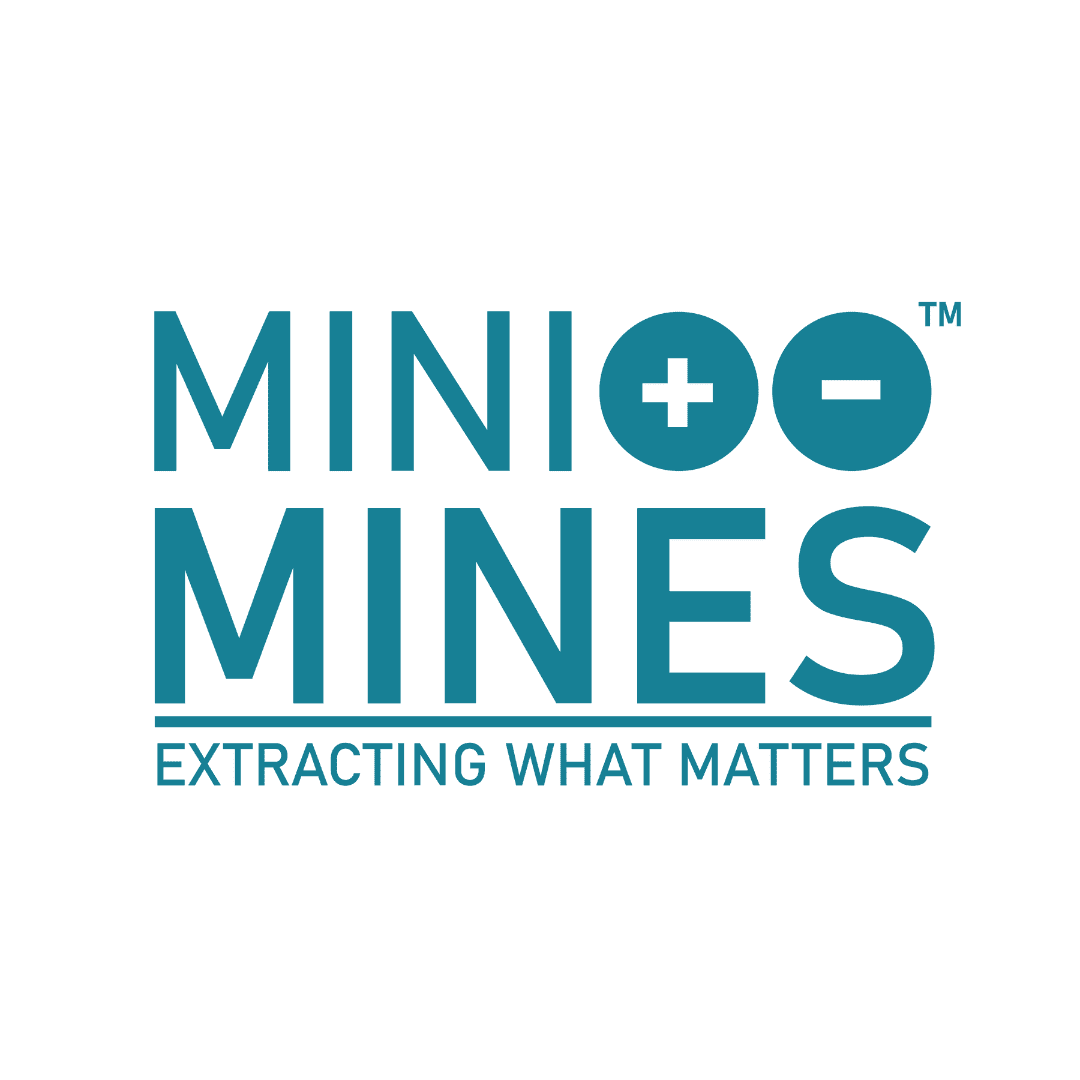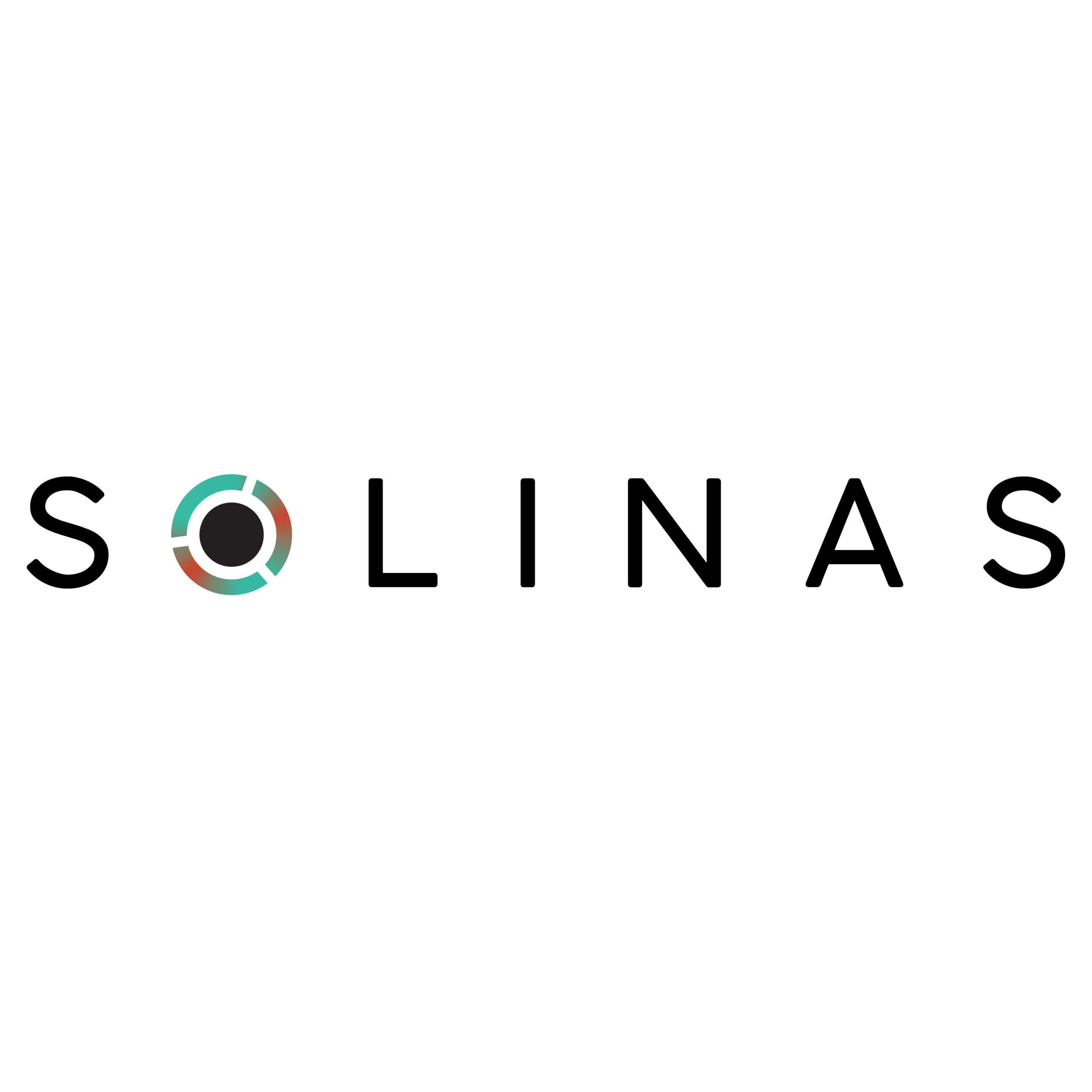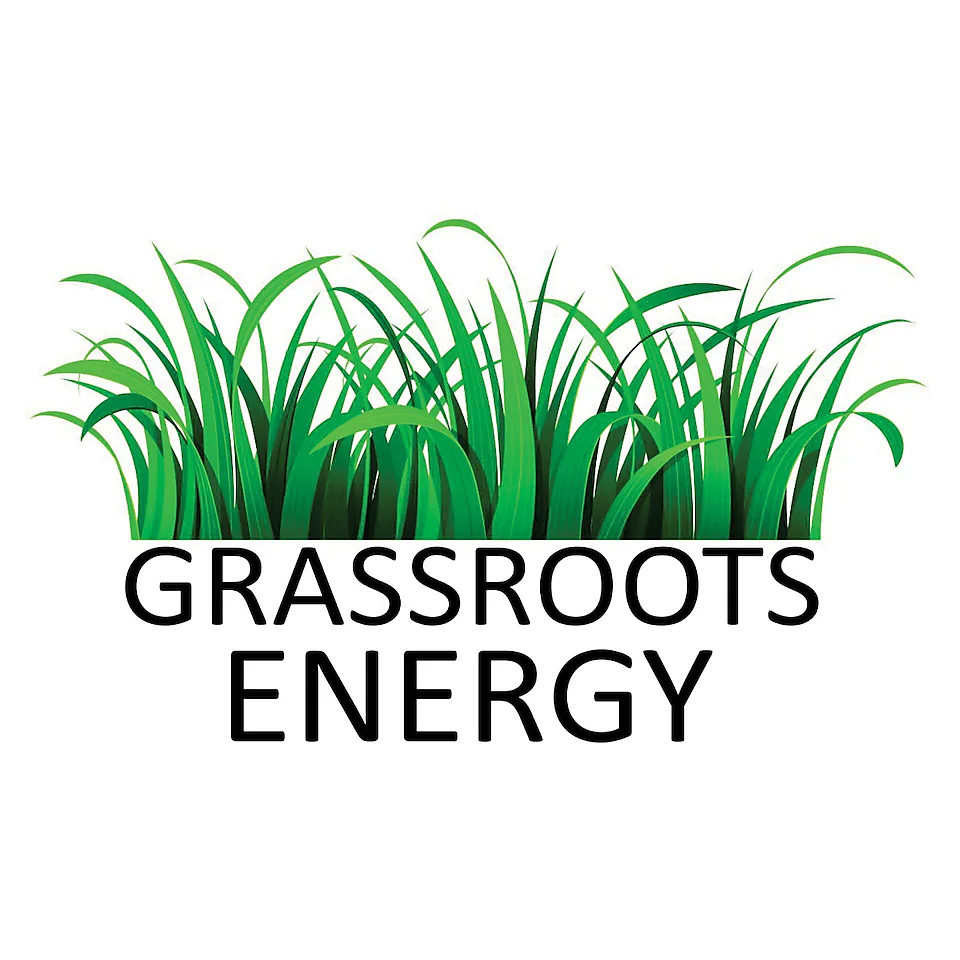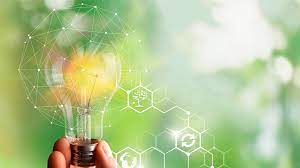As the Indian EV market booms, there is significant demand for the domestic production of Lithium-ion batteries – as is evidenced by the government of India’s Production Linked Incentive (PLI) Scheme which has a budgetary outlay of INR 18000 Crores for advanced battery chemistries. With industry players like Reliance and Ola Electric poised to set up their own Lithium-ion battery plants by 2025, there is a unique opportunity for recycled rare metals as production input which can reduce India’s dependence on the import of mined metals and prevent the depletion of scarce resources caused by mining. At the same time, there is also a need for sustainable recycling of end-of-life Li-ion batteries as India will need to recycle an estimated 150 kilo tons of Lithium-ion battery waste by 2030, whereas our current recycling capacity is less than 2000 tons a year.
Founded in 2021, Minimines is a clean-tech company whose innovative solution has the potential to address both ends of the value chain to enable true circularity. They have developed a unique low-cost and low-emissions hybrid hydrometallurgy process to recycle used Lithium-ion batteries and extract rare metals like Lithium, Manganese, Cobalt and Nickel, which can be used in the domestic production of fresh Lithium-ion batteries in India.
Currently, the most common battery recycling methods are pyrometallurgy and traditional solvent-based hydrometallurgy that face significant environmental challenges like high energy requirements, usage of large quantities of water, high carbon emissions and the need for expensive organic solvents that generate toxic waste. In stark contrast, Minimines’s proprietary technology is 75% more energy efficient and 95% more water efficient than prevalent recycling methods along with having the benefit of zero direct emissions. Furthermore, they are able to recover all the rare metals with more than 96% efficiency and at 99% purity – the efficacy of their solution has been validated at lab scale.
ACT for Environment’s support will enable Minimines to accelerate scale of production by transitioning from their current batch scale unit to a continuous process unit at 1.5 ton / month capacity. This will ensure mission-critical process efficiencies that will accelerate their go-to-market plan and drive adoption by facilitating commercial pilots within the battery manufacturing space.
We’re excited to be a partner to Minimines and support them in their goal of enabling sustainable battery recycling while contributing towards India’s journey of becoming self – reliant in the Lithium-ion battery manufacturing space!




